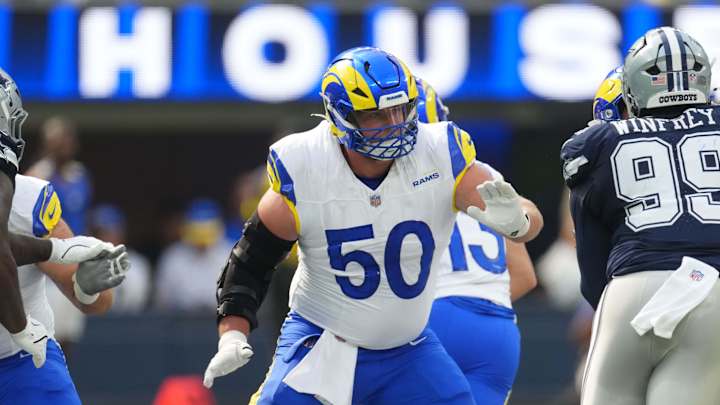In the ever-passionate world of women’s basketball, few topics ignite debate like the comparison between two of the sport’s brightest young stars: Caitlin Clark and Paige Bueckers. As the new season continues to unfold, a wave of discussion has emerged across social media and fan forums, with a growing number of Caitlin Clark supporters claiming that the basketball community is overhyping Bueckers.
This conversation, while familiar in the context of sports rivalries, has resurfaced with renewed intensity as both players remain central to the narrative of the WNBA’s future. Clark, the dynamic guard who has already made a remarkable transition to the professional level with the Indiana Fever, has been hailed as a transformative talent since her record-shattering collegiate days at Iowa. Her combination of deep shooting range, court vision, and playmaking ability has quickly translated into impact performances, even as she navigates the physical demands and heightened competition of the WNBA.
Paige Bueckers, on the other hand, remains one of the most celebrated names in women’s basketball — despite injuries that have hampered portions of her collegiate career at UConn. Once dubbed “the face of women’s basketball” during her freshman year, Bueckers has battled back from significant setbacks to regain her form and continue as a leading figure in the conversation about the sport’s future.
But this is where the divide begins to form. Some Caitlin Clark fans argue that Bueckers’ reputation has been inflated by nostalgia, media narratives, and her early promise, rather than sustained dominance at the highest levels of play. They point to Clark’s meteoric rise, her statistical achievements, and her ability to carry a team deep into tournaments as evidence that the current spotlight on Bueckers should be tempered.
“Clark has already proven herself against the best and is changing the way the game is played at the pro level,” one fan posted on X (formerly Twitter). “Meanwhile, Paige is still being treated like a generational superstar based on what she could be, not what she’s consistently delivered.”
On the flip side, Bueckers supporters — and many within the broader basketball community — argue that the hype is far from unjustified. They cite her skill set, leadership qualities, and resilience in overcoming adversity as reasons why the anticipation around her career remains high. “You can’t underestimate the impact she has when healthy,” a UConn alum shared. “She’s one of the most complete guards we’ve seen, and the fact that people still want to write her off because of injuries is shortsighted.”
The comparison between the two is, in many ways, unfair yet inevitable. Both are generational talents with unique styles of play. Clark thrives on explosive scoring and long-range marksmanship, while Bueckers is known for her poise, decision-making, and ability to elevate those around her. The conversation about who is being “overhyped” may say less about either athlete’s talent and more about the fervor of modern sports fandom, where narratives often overshadow nuance.
As the WNBA season and collegiate campaigns progress, the best outcome for the sport may not be to pit these two stars against each other in a battle of public perception but to appreciate what they collectively bring to women’s basketball. If both reach their full potential, the sport stands to benefit enormously — and fans, regardless of their allegiance, will have the privilege of watching two exceptional careers unfold.

